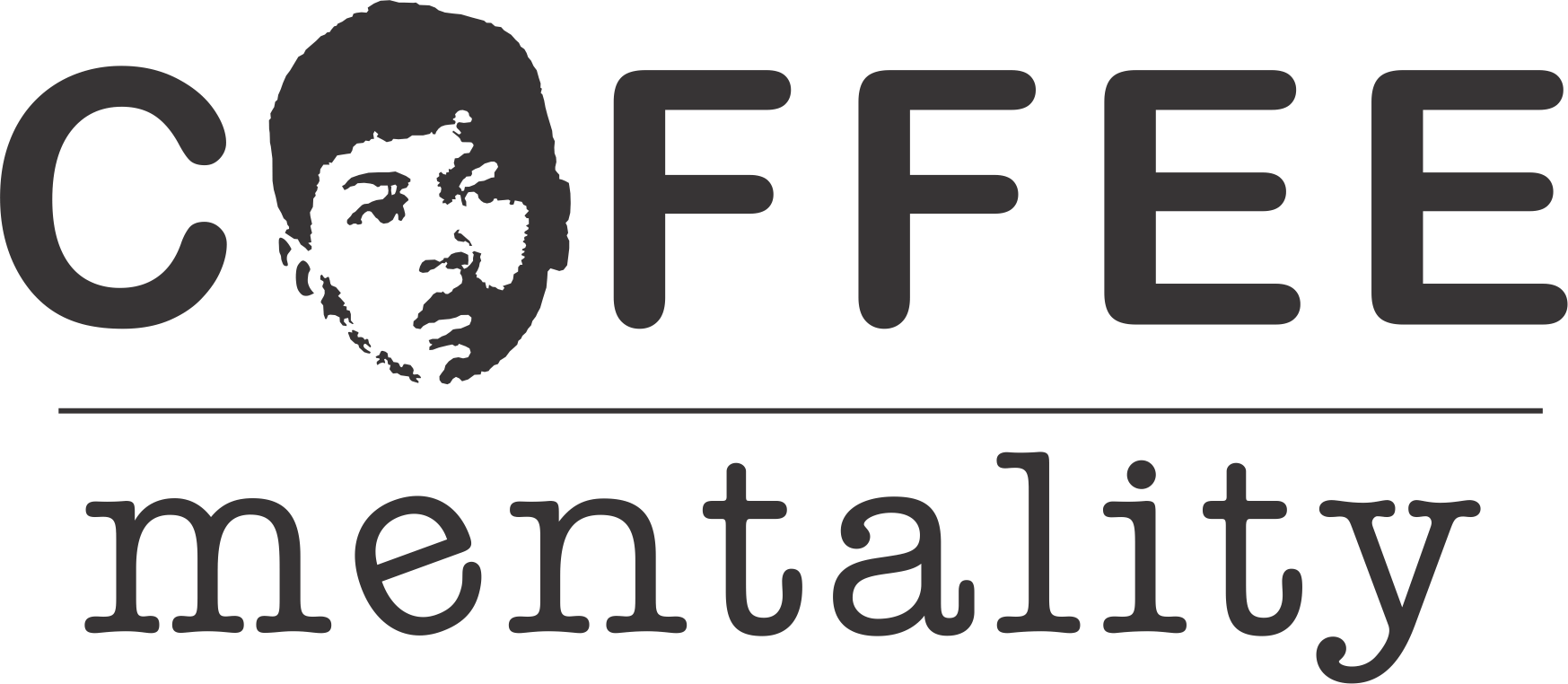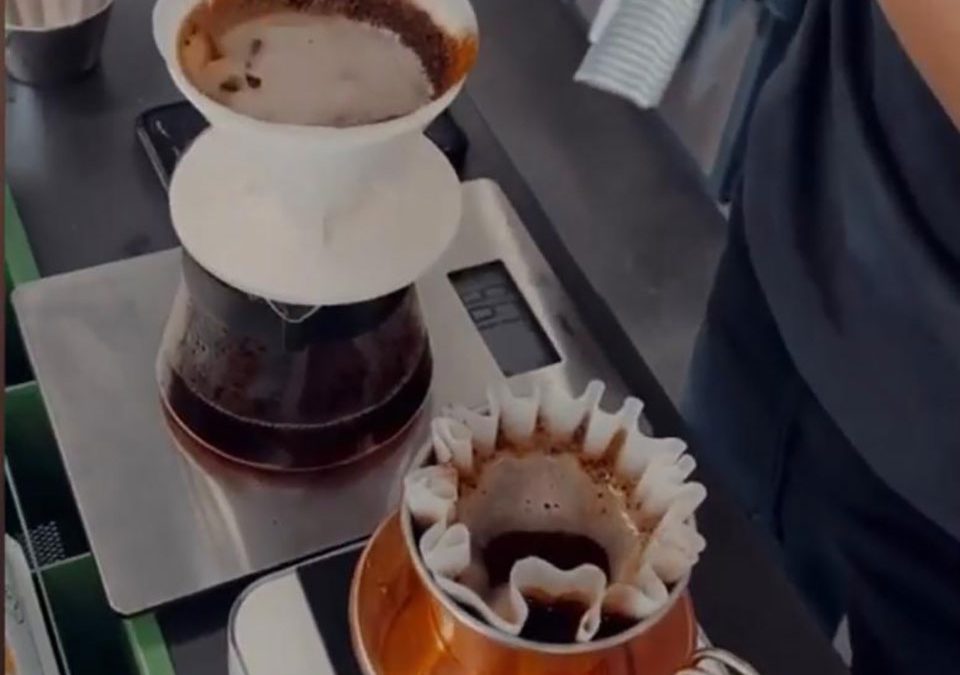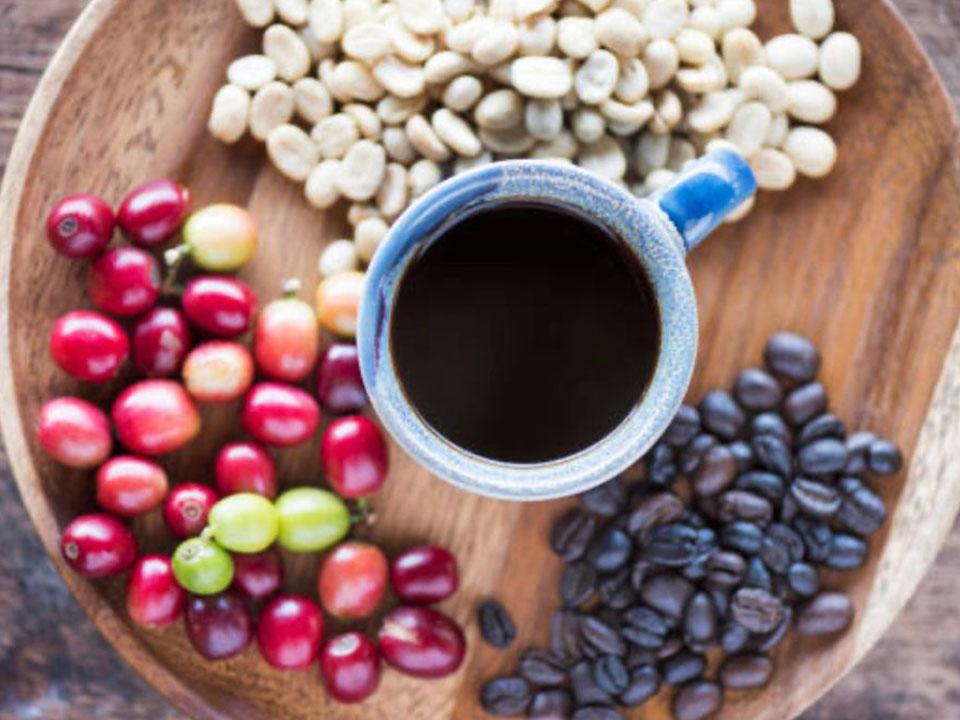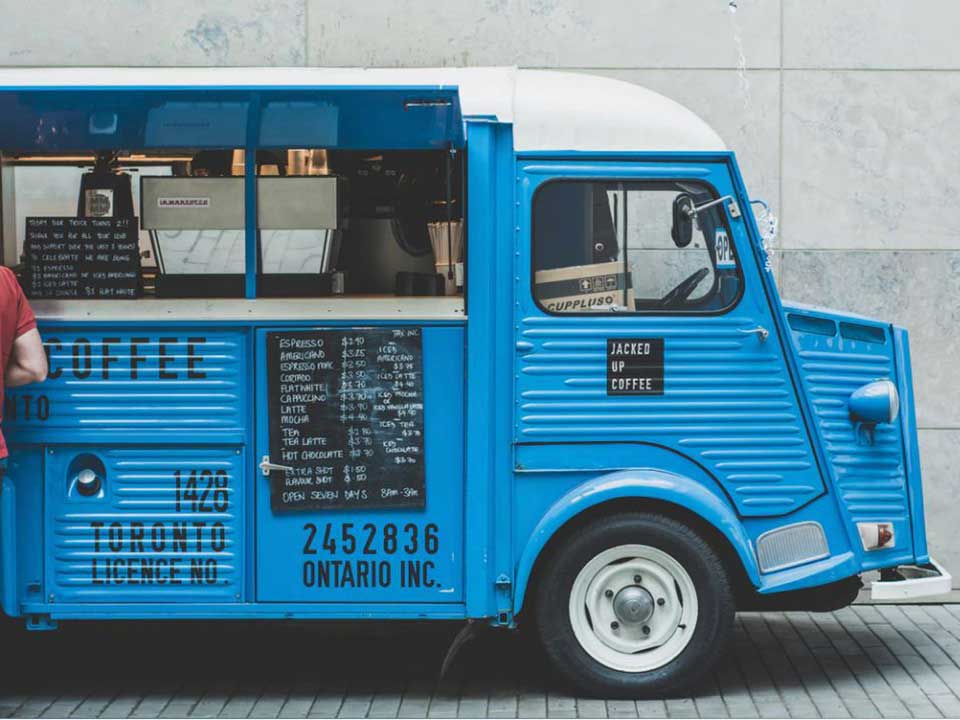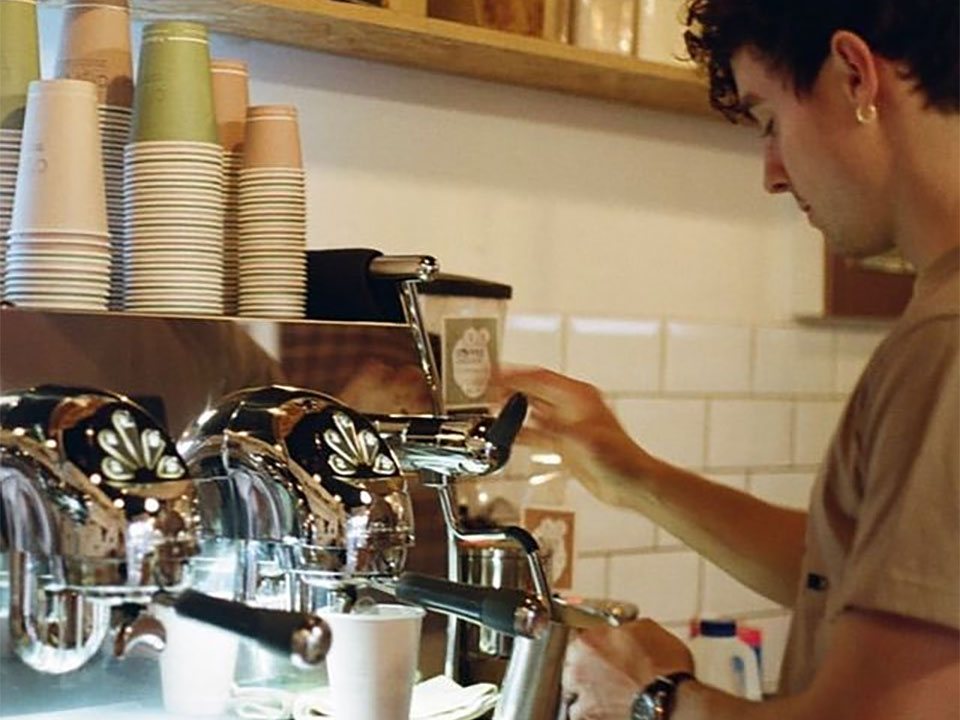Our top 5 single origin coffees to try in 2022

What to look for in a coffee course
10 January 2022
5 things I wish I knew before starting a coffee van business
22 March 2022You may have noticed single origin coffee appearing more and more in menu boards at your local coffee shops. What does single origin mean exactly, and how are they different to the regular coffee you drink each morning?
In this article, we give you a rundown of what single origin coffee is, what the fuss is over them, and our five single origin coffees picks you must try to fully appreciate this coffee offering.
What is single origin coffee?
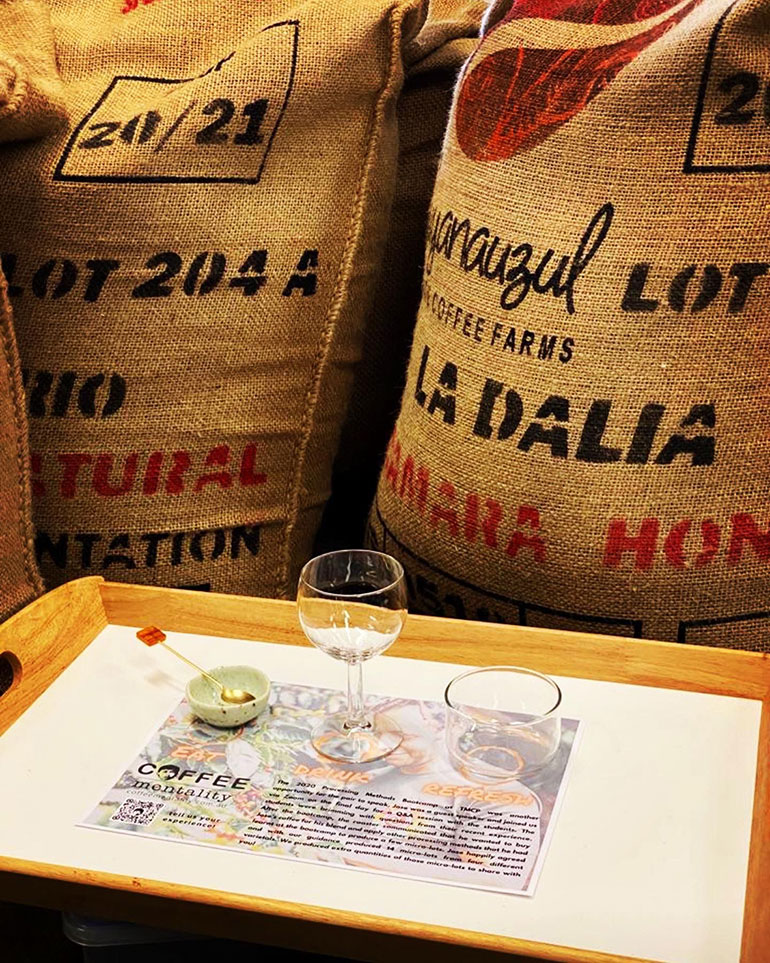
A simple definition for single origin is coffee that is grown in a single farm, estate or region. The term initially had a broader meaning to describe coffee sourced from one country. However, the meaning has evolved in recent years, when farmers and coffee buyers are looking for more ways to differentiate their product. Large coffee producing countries like Brazil and Ethiopia have different climatic conditions in various regions which affect the flavour of the coffee. This has led to a narrower definition of ‘single origin’ to mean a single farm, estate, or a lot within a farm, where coffee is grown and produced.
To make better sense of this, just remember that coffee beans are essentially the seeds inside a coffee cherry or berry .
As with any fruit, the taste of the coffee cherry is affected by the climate, soil condition, elevation and weather patterns that it is grown in. Farmers can achieve distinct taste and certain flavour notes through certain cultivation and processing methods. This is what makes single origin special – the meticulous work farmers go to in producing a high quality coffee, traceability to its origin, reflecting a particular profile of the region where it is grown.
This notion of traceability and more care in bringing out specific flavours out of beans is also known as third wave coffee. This is a focus on ethical, sustainable, and fair trade practices in the way coffee is grown, cultivated and exported. However, it is also about getting everyone in the supply chain – farmers, producers, buyers, roasters and baristas to create high quality, artisanal coffee, in providing that ultimate coffee experience to consumers.
Why the fuss with single origin coffee?
Now that we know single origin coffee is about traceability, and unique and distinct taste reflecting of its origin – how is this different to what we normally buy from a coffee shop, ie blends.
The flat white or latte you order from your barista each morning most likely comes from what we call a blend. Distinct to single origin, a coffee blend is a mix of two or more origins, ‘blended’ to create a bag of roasted coffee. This is where a coffee roaster’s skill comes in combining coffee from different regions to create a special flavour. Coffee blends tend to be more consistent in taste, as they are produced in large batches.
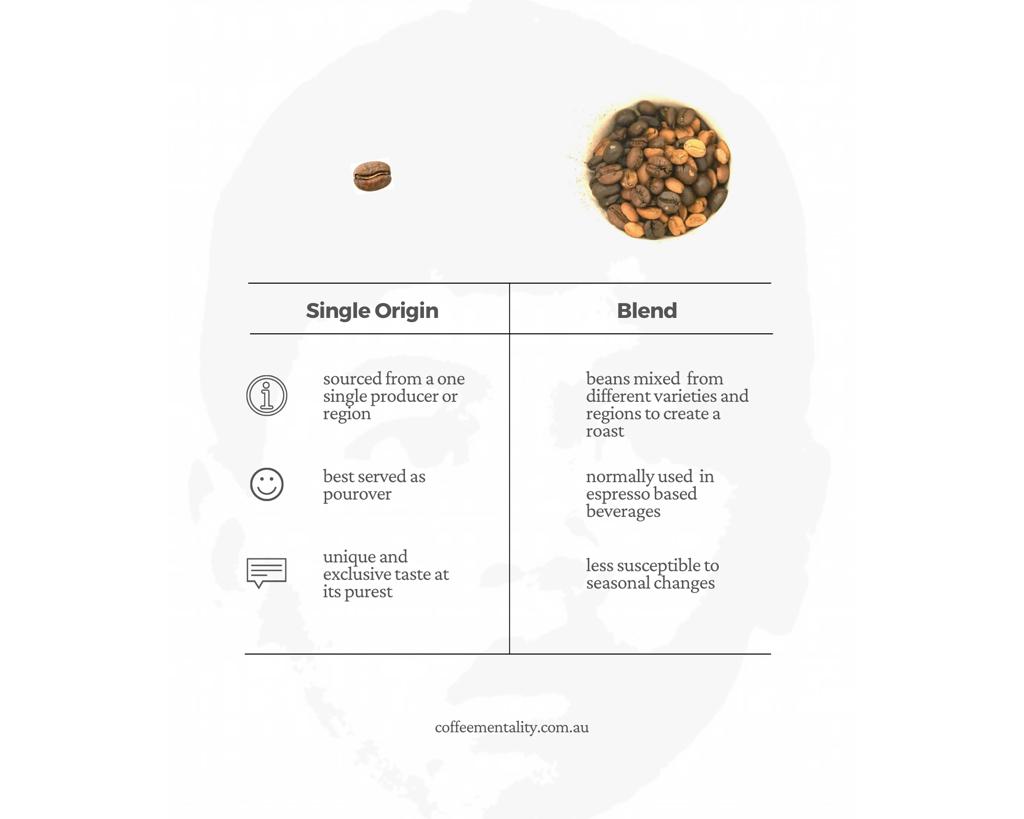
While blends are considered a balanced, all-rounder drink, great in espresso based beverages, single origin is best prepared using alternative brewing such as pour over or aeropress. Brewing with these methods will bring out its bolder and pronounced taste. It’s no surprise single origin is sought after by coffee aficionados who enjoy discovering the taste of different origins.
It goes without saying that single origin coffee is generally more expensive than blends.
Single origin coffee is produced in small batches normally and in some cases, rare and in demand. These coffees are often sourced from small-scale farmers who follow strict processing methods to achieve specialty grade beans. These methods are quite labour intensive as it involves picking coffee cherries and sorting them by hand. This is where the issue of fair wages is addressed, advocated by the third wave coffee movement commanding a higher price.
You can think of single origin as a designer product. Just as consumers would pay extra for an Italian designer bag, it is the same with single origin coffee, in that you know you are paying for a premium product, and supporting ethical and sustainable practices in producing unique flavours from coffee that would be hard to create in a blend.
How do I choose a single origin?
As there are plenty of single origin coffees on offer, you can easily get overwhelmed with the choices – from the most expensive Panama Gesha to new entrants like Australian single origin.
Most cafes offering single origin coffee would display information such as the farm where the beans are harvested from, producer behind the coffee, climatic conditions and elevation, processing methods and the story or mission behind the farm.
At Coffee Mentality, we make this easy for you in our Single Origin Tasting room. Located at our East Brisbane store, our tasting room will allow you to taste up to 32 single origin coffees. The origins have been carefully selected by our resident Single Origin specialist Hayato Shiojiri.
As each coffee represents a story of its origin, they have been selected to align with Coffee Mentality’s values of “People, Passion, Planet” based on the principles:
- commitment shown by the people behind the coffee, in supporting direct trade and ethical practices;
- passion and story in pushing the boundaries to improve the coffee quality;
- sustainable farming in caring for our planet.
We ask Hayato his top 5 single origin picks for 2022. As a sommelier, Hayato brings his wine knowledge to coffee in its focus on premium taste.
“Coffee lovers looking for that exclusive and unique taste, I would recommend trying microlot and nanolot single origins. These are rare as you can get sourced from a particular lot within the farm.”
Microlots are where coffee trees are grown in one particular plot of land in an estate. Ths means coffees are processed in smaller scale. Processing beans in smaller lots means more attention to detail and quality is of a very high standard. Even more exclusive is a nanolot. Same concept as micro lot only smaller and more care in sorting and processing the beans. With a smaller yield, these beans are in limited supply.
Our top 5 single origin coffee picks for 2022
1. Brazil Campos das Vertentes
Located in Southern Minas Gerais in Brazil, in a micro-region known as “Campos das Vertentes”, this single origin is sourced from a farmer Pedro Gabarra. Pedro comes from a family with more than 150 years coffee farming experience, and proudly claims his coffee farms to be Carbon-Free. His Pinhal farm was named Brazil’s most sustainable farm in 2019.
Using a method called Cachaca Fermentation, be prepared to experience a boozy body, stewed fruits, port, chocolate cinnamon and elegant fruit notes.
2. Nicaragua La Esmeralda
Produced by the Proyecto UVA, which is a social and sustainable initiative supporting farmers, this coffee is produced in the La Esmeralda region, which has the natural advantages of volcanic soil, an altitude of 1,200m and a micro climate. Expect to taste flavour fruity notes of sweet peach, apricot along with white chocolate flavor. Nicaraguan beans are famous for sweet, gentle and balanced body.
3. Colombia Castillo
This is a microlot special by grower Jairo Arcila. The lot was processed using a dry anaerobic fermentation method for 24 hours. Jairo Arcila is a third generation coffee grower in Quindio, Colombia.
This bean is an arabica varietal called Castillo. The beans were placed in Grainpro bags for 60 hours maintaining a temperature of 22 degrees by placing the coffee inside a water tank with CO2.
The Carbonic Maceration process creates fruity aroma and flavors and if you are a wine lover, you will sure love this taste of red wine, cherry, pomegranate and candy-like flavors.
4. El Salvador El Mercurio
This is another standout single origin – a collaboration between Cuyanauzul estate farms in El Salvador and processing done in Brisbane by coffee processing guru Danny Andrade from Processing Methods Bootcamp.
The beans are processed using Anaerobic fermentation (no or less oxygen environment) creating incredibly unique aroma and flavors of pear, green apple, lime and cinnamon flavours.
The farmer behind this is Jose Guillen, a fifth-generation coffee producer from Cuyanauzul Estate Coffee Farms in El Salvador.
The farms are situated in the Apaneca-Ilamatepec mountain range where the altitude ranges between 1250-1600 MASL. Jose Guillen has collaborated with Danny Andrade and applied eight processing methods they had learnt at the bootcamp to produce 14 micro-lots from four different varietals.
5. Brisbane Single Origin
Last but not least, we offer Brisbane Single origin by Coffee Mentality’s Urban Coffee Project. This is the only place you can try single origin coffee grown in a low altitude, urban setting. Using Catuai varietal, its tasting notes poses a fruit first, followed by milk chocolate and syrupy sweetness.
Some have forecasted the fourth wave of coffee will be focused on local coffee production. Our Brisbane Urban Coffee Project is proof you can grow specialty grade single origin in your own backyard. Let’s cheers to that!
So there you have it, Hayato’s top 5 single origin coffees you must indulge in this year. We also offer a coffee tasting experience, where you will not only be tasting coffee and its by-products, but hearing about the story behind each origin.
Coffee Tasting Experience is available every Wednesday, from 11am-1pm at our East Brisbane store.
